Festivals for TEFL teachers in Taiwan
TEFL teachers in Taiwan have a seriously enthralling line-up of cultural festivities to get stuck into when they aren’t in the classroom. From dragon boat showdowns on the riverways to multitudes of glowing lanterns ascending to the heavens, these are sure to be some shindigs to write home about. Check them out.
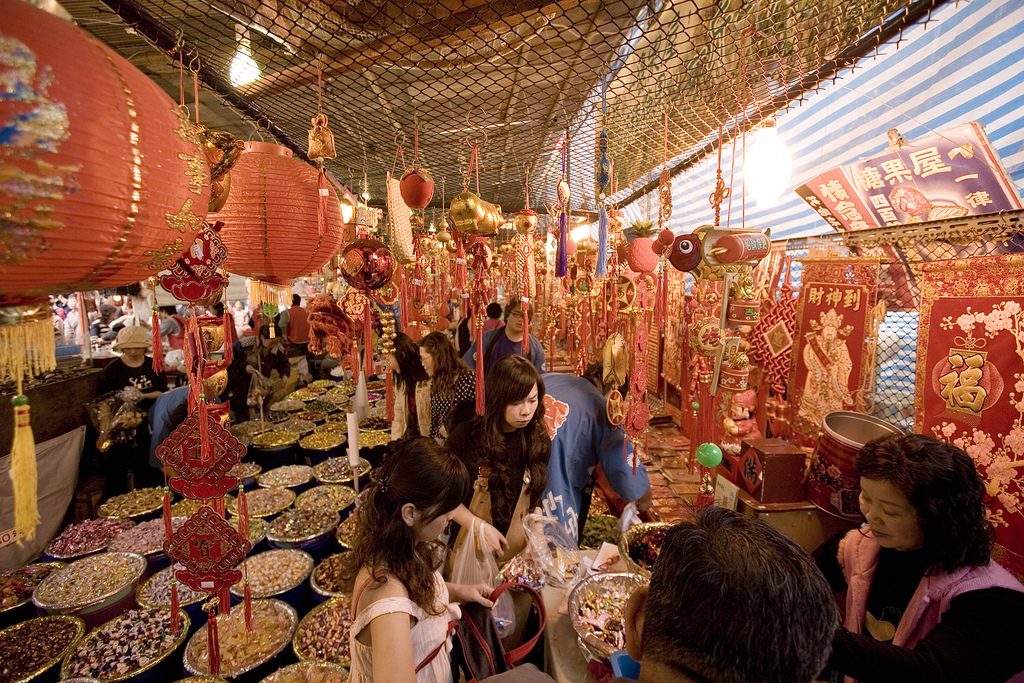
Chinese New Year
The Chinese New Year is arguably the most iconic blowout on the whole Lunar calendar in Taiwan. Marking the end of winter and the onset of spring, it’s when you can watch the streets of cities up and down the country come to life with dragon processions, traditional dancers, lantern displays and public art performances. On the day of the turning of the New Year itself, a date that usually falls sometime between late January and early February, families host their own dinner parties and stay up late to celebrate the coming of the midnight hour.
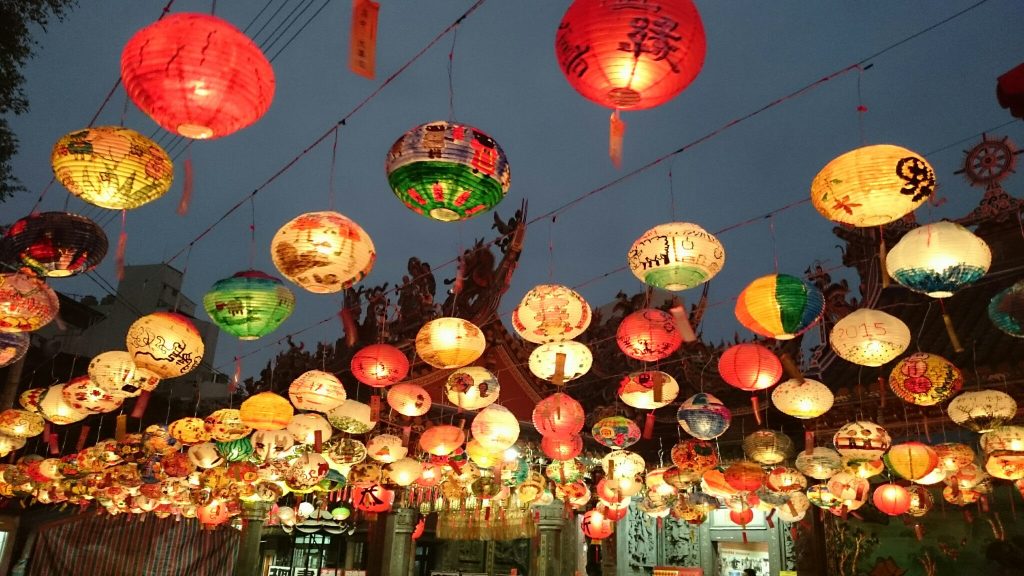
Pingxi Sky Lantern Festival
Just one example of the famous Lantern Festival that takes place all over Taiwan to mark the first full moon of the new calendar year, the Pingxi Sky Lantern Festival sees the skies above sprawling New Taipei City burst into a haze of yellow light as countless flickering candles drift upwards from the plazas and parks. The whole ceremony is intended as a thanksgiving for the arrival of spring, to celebrate the arrival of longer days and warmer weather. It’s also hailed as one of the most beautiful cultural spectacles in Asia, and a real must for any travelers or TEFL teachers in Taiwan during the late winter.
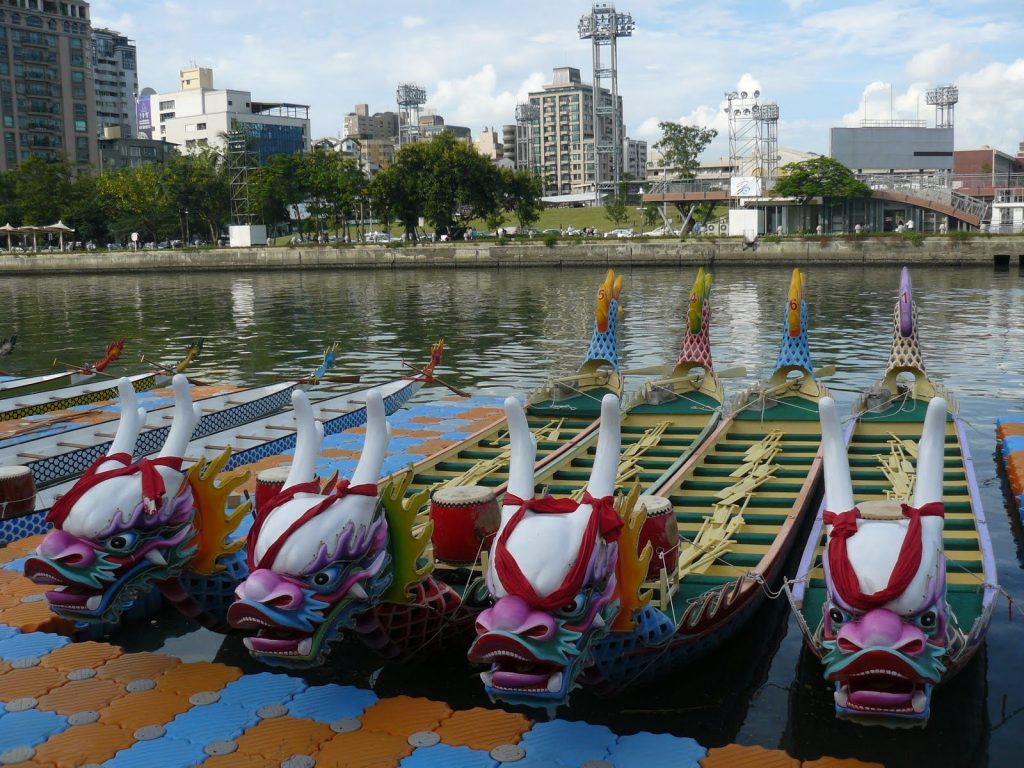
Dragon Boat Festival
The Dragon Boat Festival is one of the longest-running of all ethnic Chinese festivals in Taiwan. Its origins are said to date all the way back to the years of the Chu State in the 3rd century BC, when a trusted poet and government advisor named Qu Yuan martyred himself to show his devotion to China. These days, the tradition of racing dragon-headed wooden boats on the riverways continues, and so does the eating of zongzi – balls of sticky rice packaged in bamboo leaves. In Taipei, you can watch the elite racers compete on their beautifully carved dragon boats along the waterfronts of buzzing Zhongshan District.
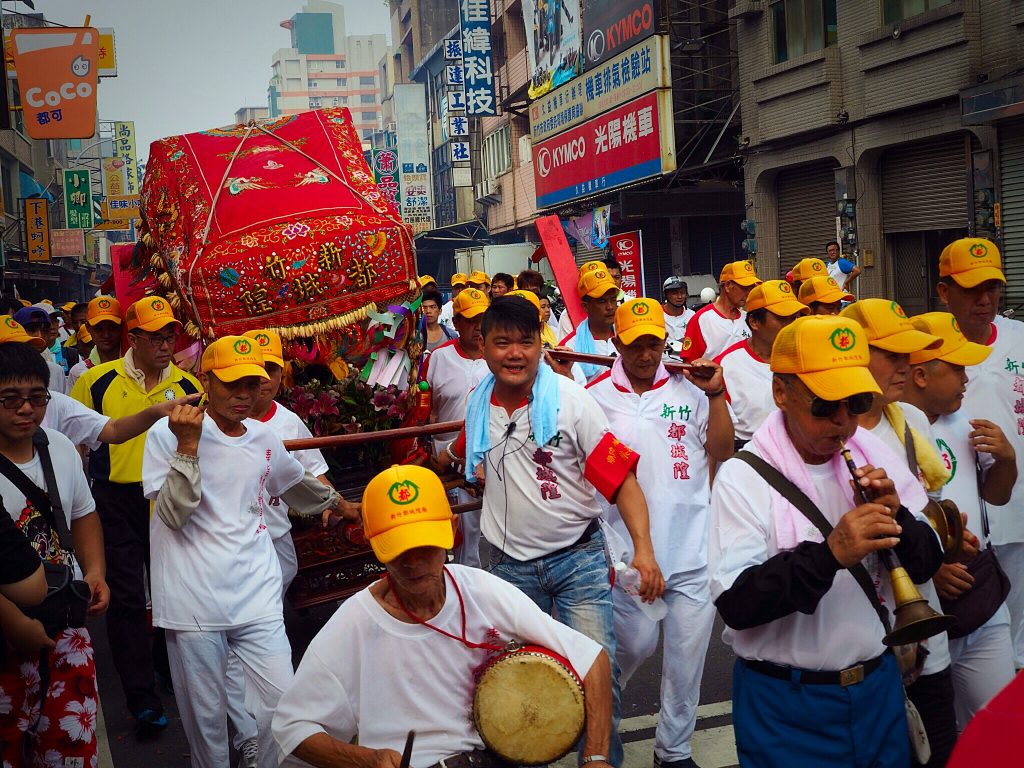
Keelung Ghost Festival
It’s between the buzzing night markets and historic covered harbors of Keelung city that the famous Ghost Festival takes place each year. It gets into full flow in the late summer, and sees the local Keelung tribespeople hosting a whole number of cultural performances. Some symbolize the opening of the Underworld, others the coming of the so-called ‘Hungry Spirits’ – the eponymous ghosts. Be sure to head down to the Chupu Temple to watch the lighting of the lanterns on the 12th day of the festival, and don’t miss the main event: A stream of flickering candles on leaf rafts in the waters of Badouzi Harbour in the early hours of the 15th day.
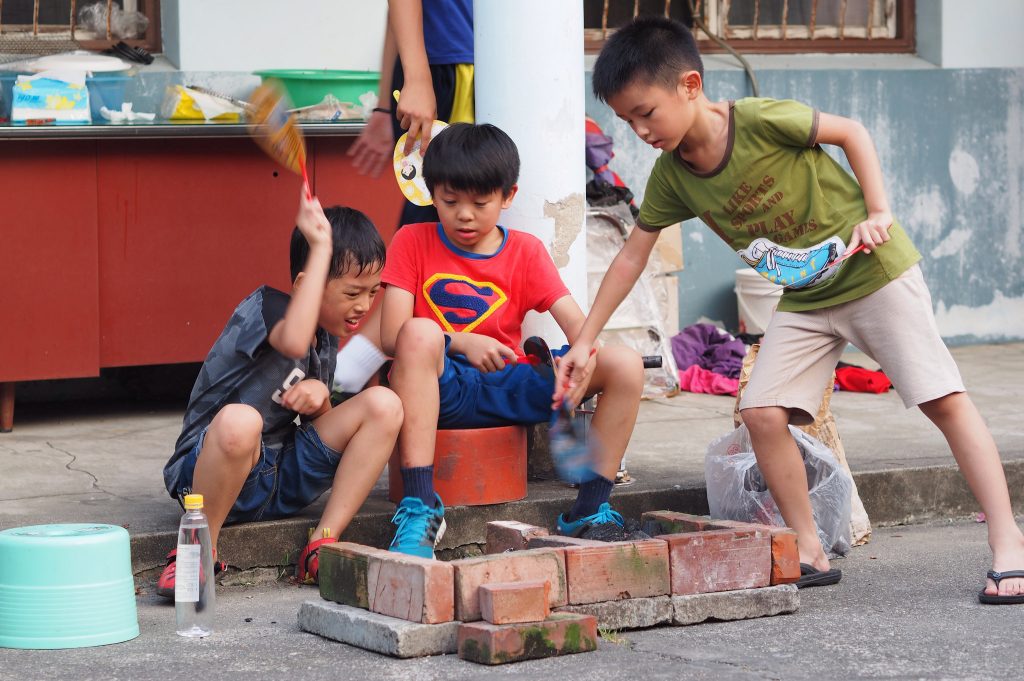
Mid-Autumn Festival
The Mid-Autumn Festival is like the Taiwanese answer to Southern BBQ cook-ups. Families gather in public parks or on sidewalks to light up the coals and sizzle tasty skewers of wild boar and other meats. TEFL teachers in Taiwan in the capital of Taipei might want to head down to the Huazhong Riverside Park, where thousands meet to watch live music, chat and eat together, all to honor the coming of fall and the start of the colder months.
Any TEFL teachers in Taiwan out there with something to add to this list of the top festivals in the yearly calendar? We’d sure love to hear your suggestions in the comments below. Or, if you just think it’s time you got qualified and out there enjoying the cultural treats of the Far East, be sure to head over to our courses page…
